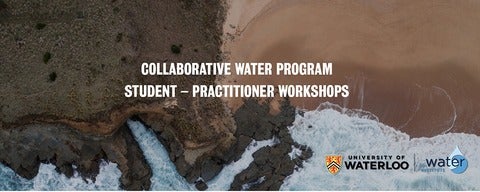WaterSTP graduates win first and second award for Master’s thesis
Kelsey Kundert, Senior Project Process Engineer at the City of Calgary, and Nik Knezic, current PhD candidate at the University of Waterloo, won first and second place in the American Water Works Association Academic Achievement Awards for best Master’s thesis, respectively. This award is part of an international competition with theses submitted from around the globe.






